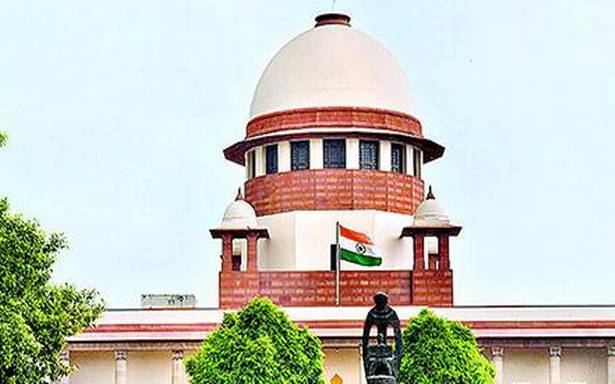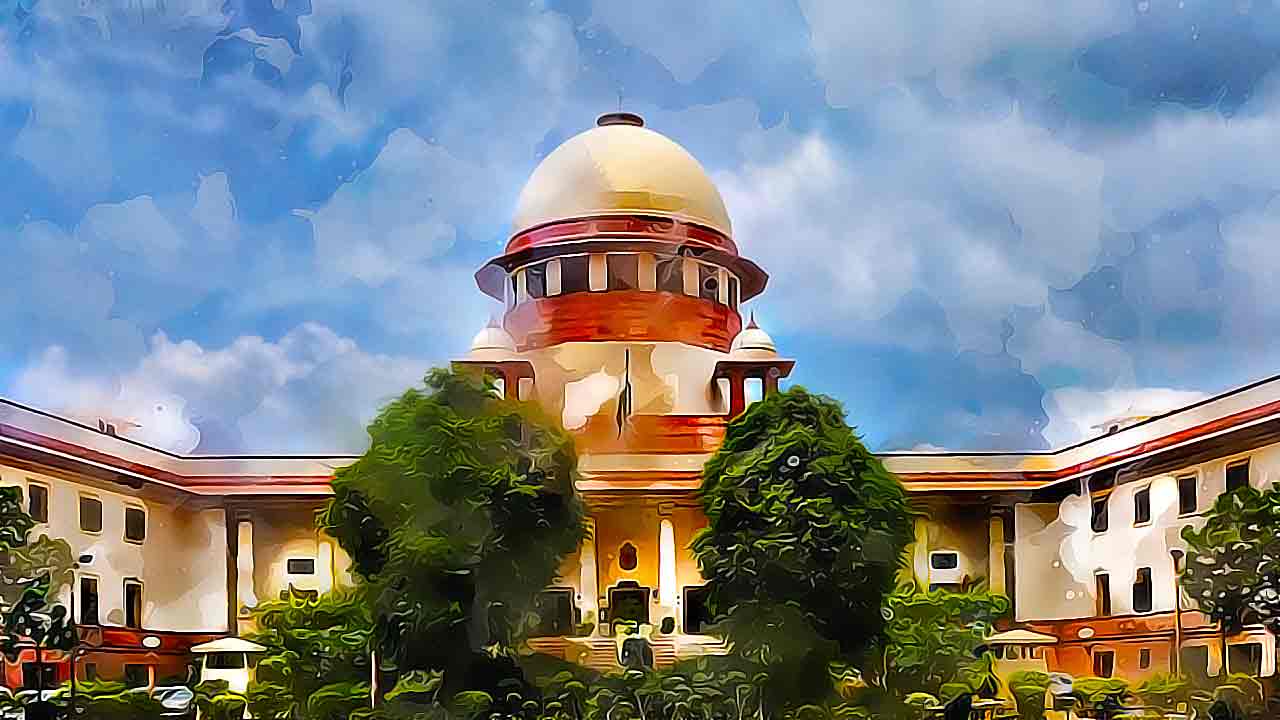Delhi Minorities Commission Chairperson Zafarul Islam Khan on Friday has filed an anticipatory bail plea in Delhi High Court in connection with an FIR registered against him alleging sedition.
Khan, has been booked under charges of sedition over a statement he has made on social media.
On mentioning of plea by advocate Vrinda Grover for urgent listing, HC decides to list it on May 12.
An FIR has been filed against him under section 124A and 153A of the Indian Penal Code charging him for Sedition and Promoting Enmity between groups. The FIR has been filed for The post stating, “…Mind you, bigots, Indian Muslims have opted until now not to complain to the Arabs and Muslim world about your hate campaigns and lynching and riots. The day they are pushed to do that, bigots will face an avalanche.”
Khan has called FIR against him as a motivated, untenable, and absolutely frivolous complaint in his petition.
The petition filed by him states that “That regrettably at a time when unity is required for the country to meet the challenge of COVID19, social media and other media platforms witnessed a massive increase in instances of hate speech directed against Indian Muslims, specifically blaming Indian Muslims for spreading Coronavirus”.
“The Petitioner in his social media posts highlighted the targeting of Muslims by “bigots” in India and expressed his thanks to Kuwait, for expressing international concern on the issue of the Muslim minority in India,” said the petition.
It has been alleged in the petition that the social media posts are falsely reported, distorted a sensationalized out of context by some of the media organizations to tarnish the stellar work he has been doing.
It has also been mentioned that “…the social media posts of the Petitioner are addressed to “bigots”, who through their words and actions are destroying the secular fabric, communal harmony within India, and bringing disrepute to India abroad.”
Khan has quoted the case of Shreya Singhal vs Union of India (2015) 5 SCC 1, in which the apex court of the country held that mere disaffection, or even tendency of the speech to cause public disorder is not enough for the speech to be penalized, seeking anticipatory bail.


